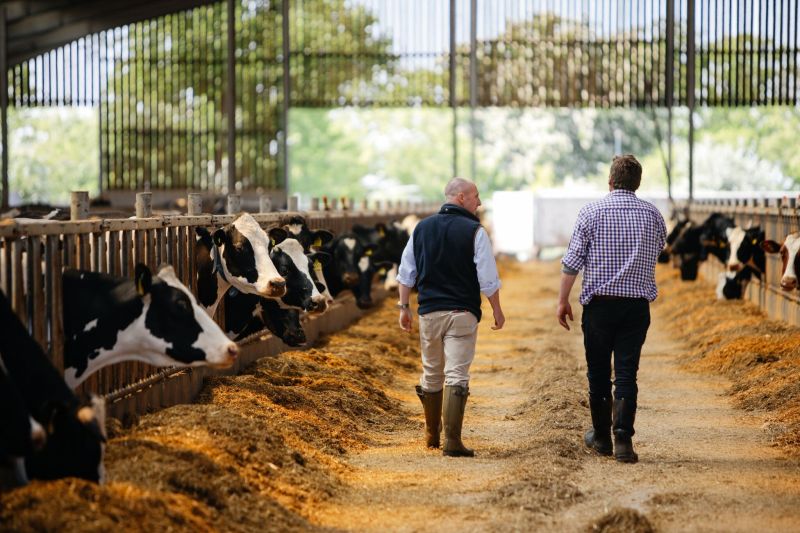
A new advice service has been launched which aims to help dairy farmers cut feed waste while increasing profit margins by a minimum of 1.2p per litre.
Navigate, a free-to-access service launched by feed specialists Alltech, aims to support the dairy industry with higher business resilience.
It involves a two-hour on-farm assessment which looks at detail into the four key areas where feed waste can occur, including; in the field, during storage, at feed-out and inside the cow.
Data collected during the assessment is then analysed using a programming tool in order to produce percentage losses and monetary values to illustrate the financial pinch-points.
A report, containing recommendations, is then generated to help farmers make strategic decisions on what steps, and potential investment, is required to help reduce feed waste and optimise input utilisation.
Results from the company's on-farm pilot study, which looked specifically at higher-efficiency UK dairy herds, highlighted that feed waste could be costing as much as £216.00 per cow, per year.
This figure could be much higher depending on the system in place. For example, results from its other study which assessed a broad spectrum of dairy farms, revealed that the average waste value per cow sat at £522.44 per annum.
Ian Leach, Alltech retail programmes lead, said: “Based on a 200-cow herd, this could lead to financial losses of up to £105,000 over 12 months.
“Tackling feed waste therefore offers a huge opportunity to boost the bottom line and while it is a challenging area, there are practical steps that can be taken.”
Andrew Henderson from Independent Feeds, who has used Navigate, believes the advice service is 'fundamental to the future' of the UK dairy sector.
“Feed is the single biggest variable cost on farm,” he said. “It’s therefore key that farmers are taking steps throughout the entire feed process to manage factors that can be controlled, such as forage quality, cow health and fertility, and feed conversion efficiency (FCE).
“This will help protect businesses from external factors such as milk contracts, market volatility and supply chain pressures.
“I’m certain that the focus the initiative brings, in terms of producing high quality home-grown forage and encouraging effective utilisation of feed inputs to minimise waste, is key to the long-term sustainability of farms across the UK,” he said.
